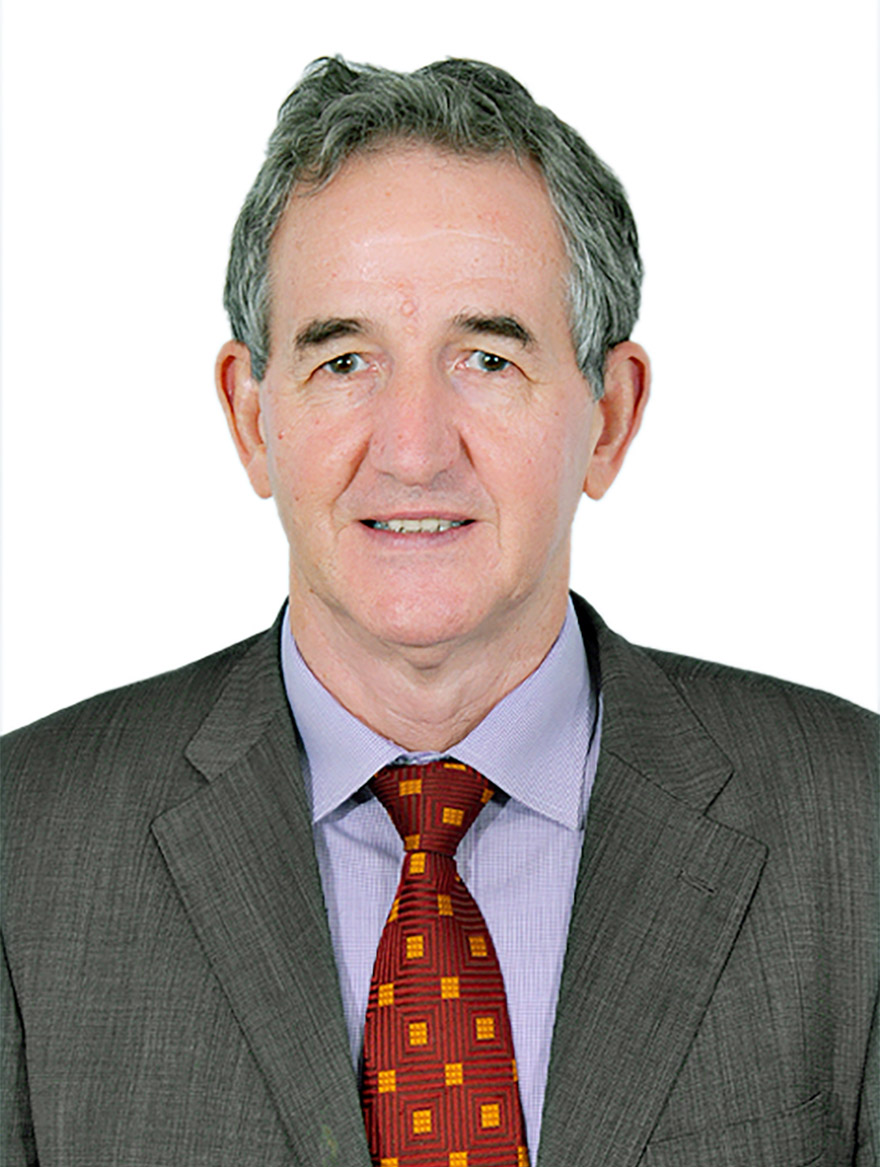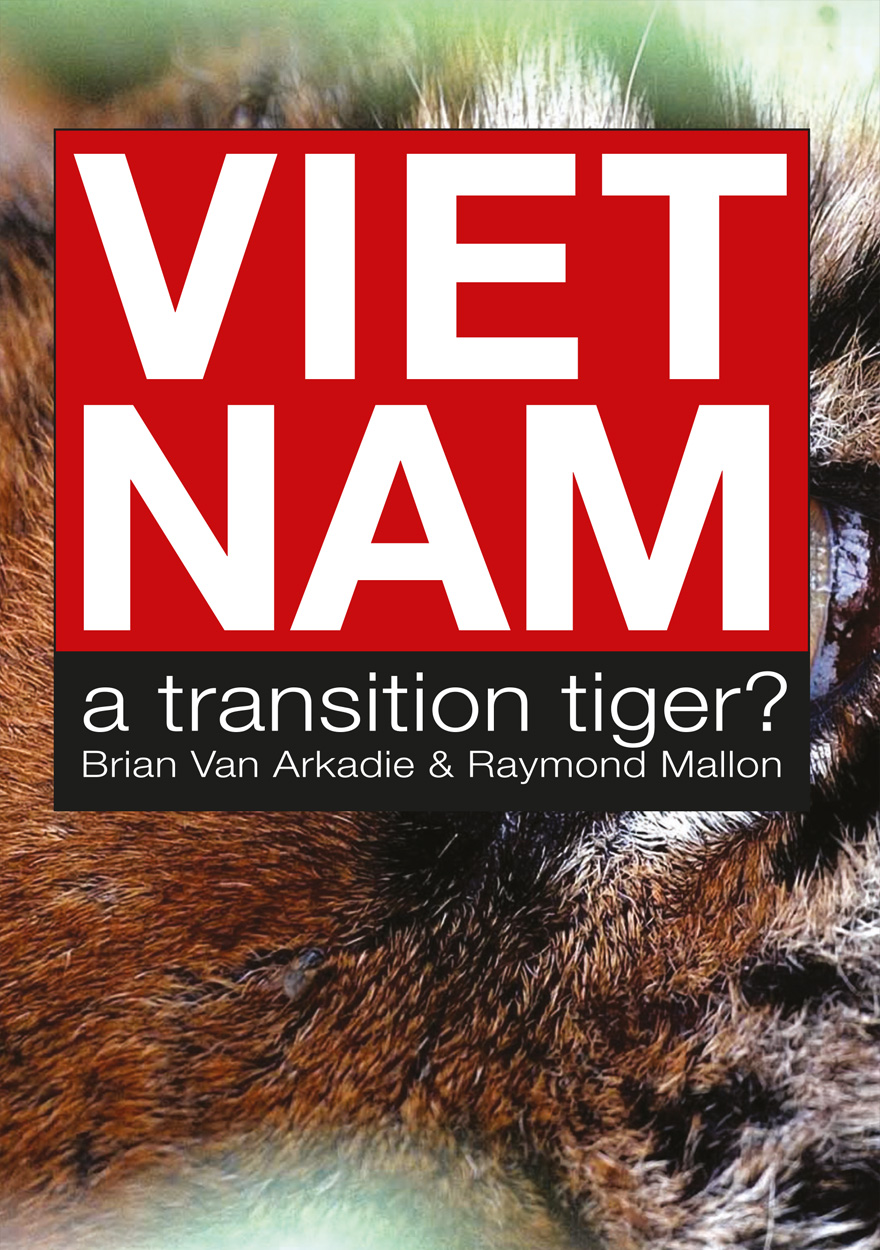Raymond Mallon

Raymond has more than two decades experience working on — and learning about — economic development and regulatory reform issues in Asia and the Pacific. Following economics consulting experience in Australia and Asia, he worked as an Economist at ADB in Manila (1988-91), as Resident Economist for UNDP in Hanoi (1991-93), and as a World Bank Senior Policy Advisor (1993-95) at Viet Nam’s (former) State Planning Committee (now MPI). He has worked as an itinerant freelance consultant/economist since 1995, and is currently part-time senior policy advisor to the Beyond WTO initiative funded by the Governments of Viet Nam, Australia, and the UK.
Raymond is still trying to figure out why some countries succeed in achieving socio-economic development goals while others are less successful. Particular interests include:
- the role of businesses and the private sector in development processes;
- the impacts that Government policy and public investment decisions have on business investment, economic growth, employment generation and spatial development; and
- the growing importance of regional economic linkages and the opportunities that such linkages provide for developing countries to “catch-up” in terms of technology, productivity and living standards.
Regular clients include multilateral (ADB, UN and World Bank), bilateral and government agencies, and research institutes. Raymond is regularly asked to advise on strategic planning, program formulation and evaluation, trade policy, regulatory reform, private sector development and rural urban transition issues. His involvement in various regional forum (such as the Greater Mekong Sub-region initiative) have provided interesting opportunities to work with leading regional thinkers in the development policy, academic and business sectors.
Formal qualifications include a Master of Economics from ANU, and a Bachelor of Agriculture Economics from UNE.
Raymond also serves on the Board of Directors of the United Nations International School in Hanoi, and is a member of the Board of Advisors for AISEC at the Hanoi Foreign Trade University.




